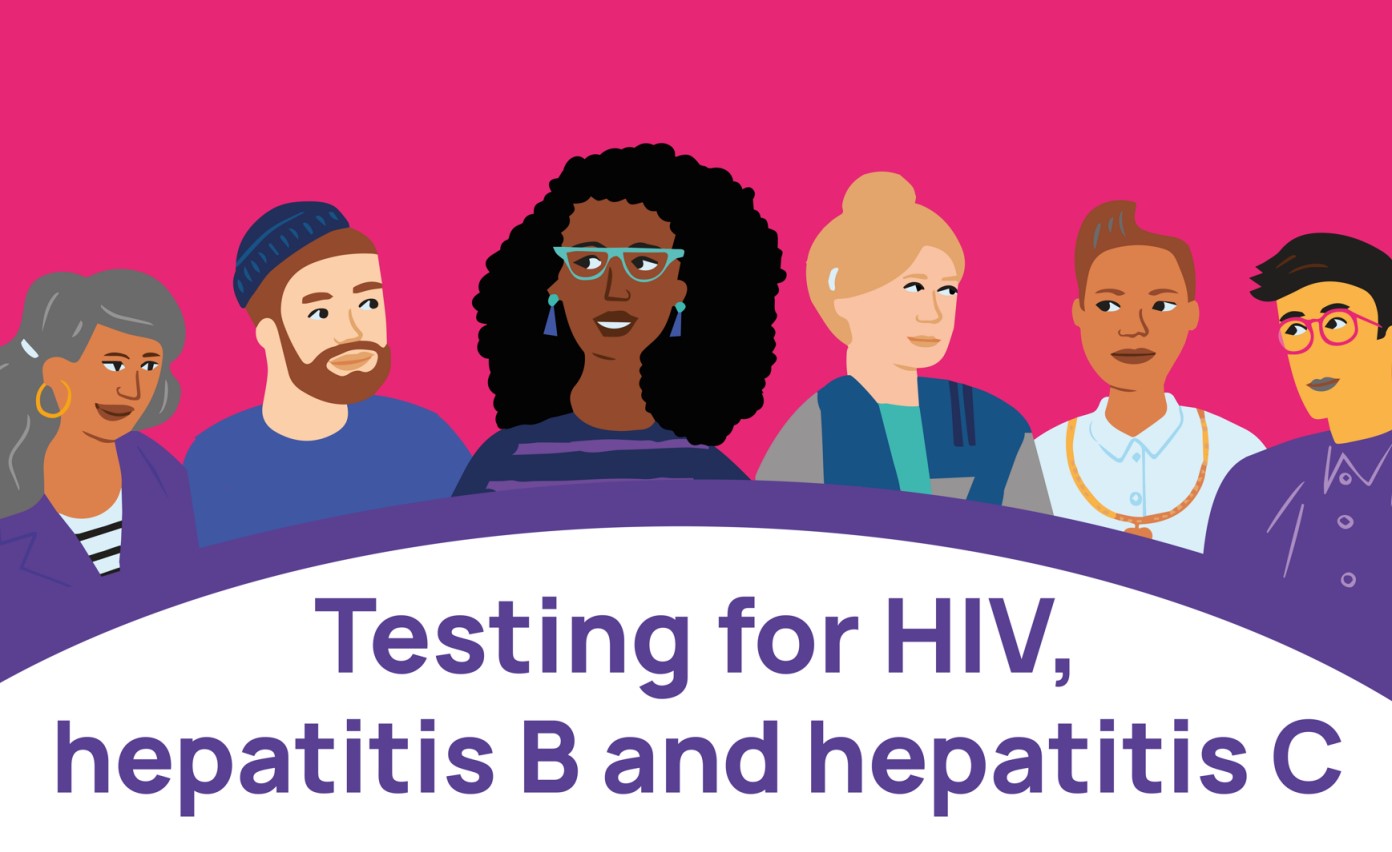Blood borne viruses
On this page
Hepatitis C (HCV), Hepatitis B (HBV) and Human Immunodeficiency Virus (HIV) are viruses carried in the blood - blood borne viruses.

Important: Contacts
For information on testing, referral and treatment for hepatitis B and hepatitis C, contact the Viral Hepatitis service at NHS Highland:
- phone 01463 705 086
- or phone 01463 706 243
- email nhsh.viralhepatitisnurses@nhs.scot
For HIV see HIV at Highland Sexual Health.
Elimination of viral hepatitis
New treatments have progressed significantly over recent years, with the current treatment options providing the potential to cure almost all people infected with hepatitis C and with effective treatments available for hepatitis B. This has led to the ambition across the world to eliminate viral hepatitis as a public health threat through effective treatment and prevention of transmission by 2030.
NHS Highland is committed towards the ambition of eliminating HCV in Scotland. This is an incredibly exciting opportunity and a wide range of activities are underway to support this aim. If you would like to know more about the work we are doing please contact Dr Jenny Wares, Consultant in Public Health Medicine and Strategic Lead for BBVs, in the Health Protection team.
Blood borne viruses
-
Blood borne viruses
Hepatitis C (HCV), Hepatitis B (HBV) and Human Immunodeficiency Virus (HIV) are viruses carried in the blood - blood ...
-
Hepatitis B
Hepatitis B is a virus that affects the liver and can lead to acute (short term) or chronic (long term) infection.
-
Hepatitis C
Hepatitis C can also be called Hep C or HCV.
